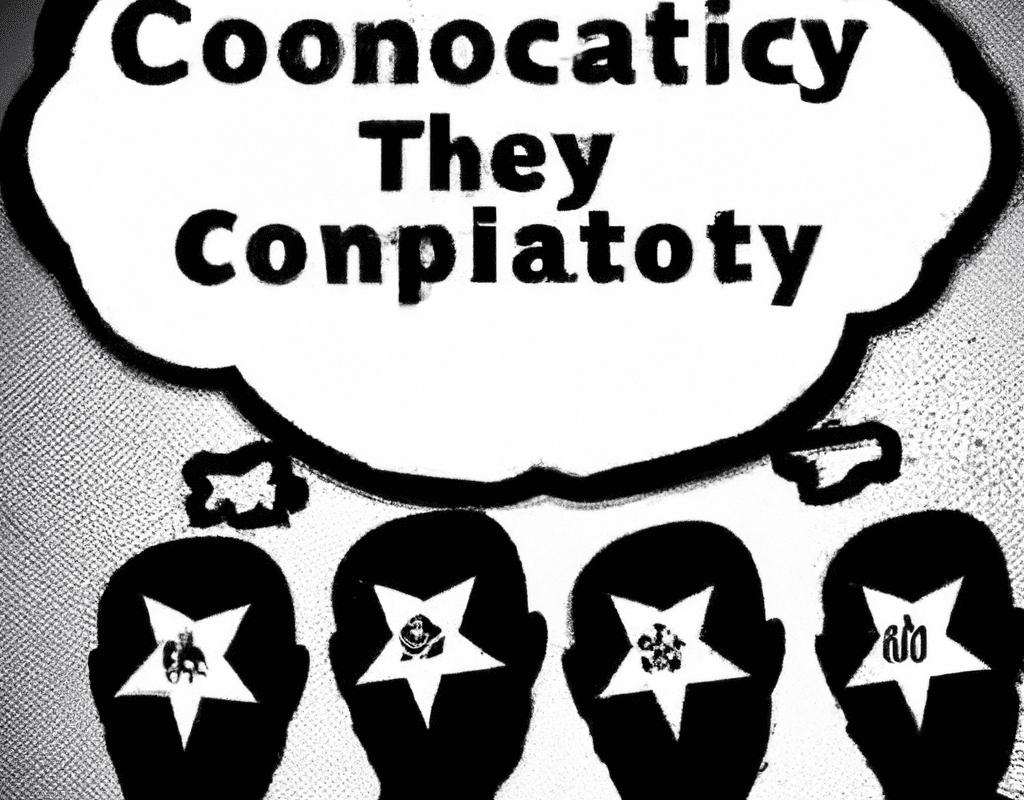A con artist, also known as a confidence trickster, is someone who deceives others by misrepresenting themselves or lying about their intentions to gain something valuable, often money or personal information. These individuals employ psychological manipulation and emotionally prey on the trust and confidence of their victims.
There are various forms of con artistry, ranging from financial fraud to the spread of disinformation. Each type requires distinct strategies for identification and prevention.
Characteristics of con artists
- Charming and Persuasive: Con artists are typically very charismatic. They use their charm to persuade and manipulate others, making their deceit seem believable.
- Manipulation of Emotions: They play on emotions to elicit sympathy or create urgency, pushing their targets into making hasty decisions that they might not make under normal circumstances.
- Appearing Credible: They often pose as authority figures or experts, sometimes forging documents or creating fake identities to appear legitimate and trustworthy.
- Information Gatherers: They are adept at extracting personal information from their victims, either to use directly in fraud or to tailor their schemes more effectively.
- Adaptability: Con artists are quick to change tactics if confronted or if their current strategy fails. They are versatile and can shift their stories and methods depending on their target’s responses.
Types of con artists: Disinformation peddlers and financial fraudsters
- Disinformation Peddlers: These con artists specialize in the deliberate spread of false or misleading information. They often target vulnerable groups or capitalize on current events to sow confusion and mistrust. Their tactics may include creating fake news websites, using social media to amplify false narratives, or impersonating credible sources to disseminate false information widely.
- Financial Fraudsters: These individuals focus on directly or indirectly extracting financial resources from their victims. Common schemes include investment frauds, such as Ponzi schemes and pyramid schemes; advanced-fee scams, where victims are persuaded to pay money upfront for services or benefits that never materialize; and identity theft, where the con artist uses someone else’s personal information for financial gain.
Identifying con artists
- Too Good to Be True: If an offer or claim sounds too good to be true, it likely is. High returns with no risk, urgent offers, and requests for secrecy are red flags.
- Request for Personal Information: Be cautious of unsolicited requests for personal or financial information. Legitimate organizations do not typically request sensitive information through insecure channels.
- Lack of Verification: Check the credibility of the source. Verify the legitimacy of websites, companies, and individuals through independent reviews and official registries.
- Pressure Tactics: Be wary of any attempt to rush you into a decision. High-pressure tactics are a hallmark of many scams.
- Unusual Payment Requests: Scammers often ask for payments through unconventional methods, such as wire transfers, gift cards, or cryptocurrencies, which are difficult to trace and recover.
What society can do to stop them
- Education and Awareness: Regular public education campaigns can raise awareness about common scams and the importance of skepticism when dealing with unsolicited contacts.
- Stronger Regulations: Implementing and enforcing stricter regulations on financial transactions and digital communications can reduce the opportunities for con artists to operate.
- Improved Verification Processes: Organizations can adopt more rigorous verification processes to prevent impersonation and reduce the risk of fraud.
- Community Vigilance: Encouraging community reporting of suspicious activities and promoting neighborhood watch programs can help catch and deter con artists.
- Support for Victims: Providing support and resources for victims of scams can help them recover and reduce the stigma of having been deceived, encouraging more people to come forward and report these crimes.
Con artists are a persistent threat in society, but through a combination of vigilance, education, and regulatory enforcement, we can reduce their impact and protect vulnerable individuals from falling victim to their schemes. Understanding the characteristics and tactics of these fraudsters is the first step in combatting their dark, Machiavellian influence.












